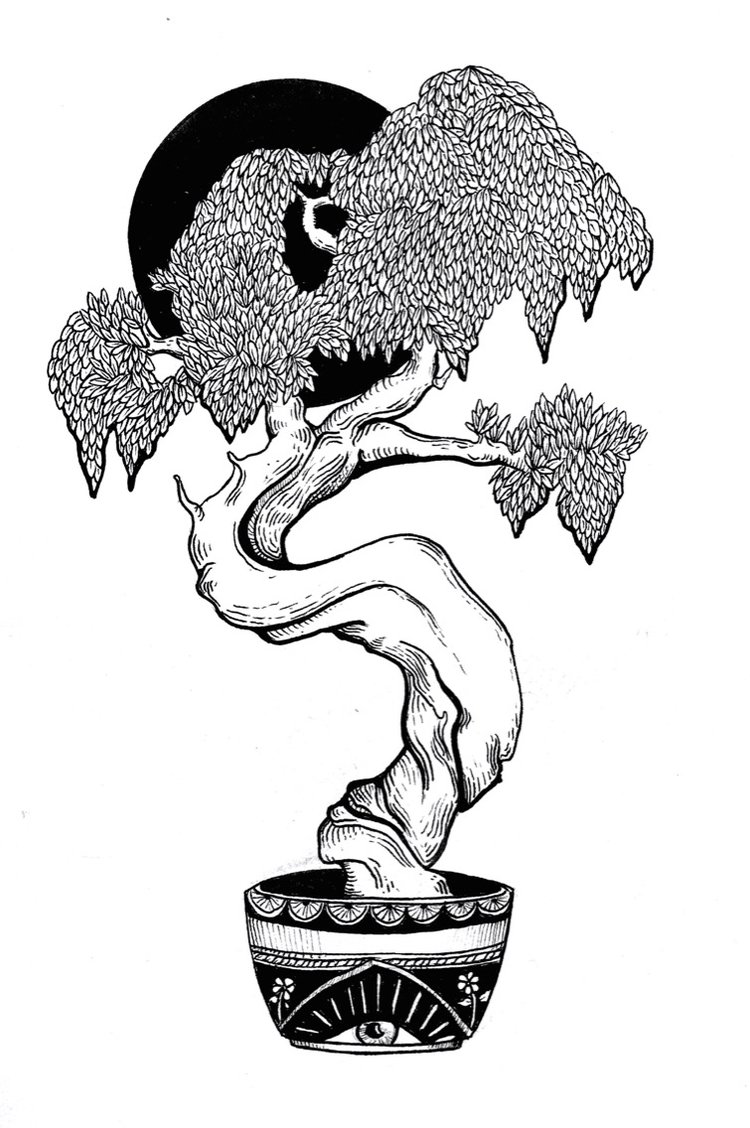The North American Review Remembers Robley Wilson

Robley Wilson’s literary accomplishments were unmistakable and impressive. He was the author of six highly regarded collections of short stories, his last being Who Will Hear Your Secrets? published in 2012 by John Hopkins University Press. Boyle describes this book as “stories of power and persuasion by one of the living masters of the form.” A review in the Wall Street Journal claims that “each story is expertly constructed, offering the comforts of a piece of handcrafted furniture.” His 1989 collection Terrible Kisses (Simon & Schuster) was a New York Times Notable Book, and his collection Dancing for Men won the 1982 University of Pittsburgh Press’s Drue Heinz Literature Prize. Wilson had also published three novels and three prize-winning collections of poetry. He was a Guggenheim Fellow in Fiction and a Nicholl Fellow in Screenwriting.
If it is not enough that Wilson was a talented and insightful writer in multiple genres, he was also someone who shared these talents and insights, having taught creative writing at the University of Northern Iowa from 1963 until 1996. But perhaps his most enduring legacy was his work from 1969 until 2000 as the editor of the North American Review, the oldest and one of the most culturally significant literary magazine in the United States. The magazine celebrated its bicentennial in 2015, and its pages are just as vital as they ever were thanks to the foundation that Wilson laid. His tireless editorial dedication led to the North American Review twice winning the prestigious National Magazine Award for Fiction. Under his leadership and vision, the magazine published and fostered relationships with some of the most important writers of our time, including Margaret Atwood, Raymond Carver, Joyce Carol Oates, Louise Erdrich, and Maxine Hong Kingston.
The writer Perry Glasser says of Wilson’s editorship at the NAR, “Whereas most editors store the names and doings of their writers on a crowded, annotated Rolodex, Rob has employed his heart, and American letters is better for it.” Similarly, Leo J. Hertzel describes Wilson’s editorial generosity, his “encouraging voice on the telephone, tolerant of the complications, resigned to the frustrations, unruffled by the mysteries and the mistakes. I think it is the kindness in that voice I will remember most, the kindness in that voice assuring me that matters will improve. And they often did.” The esteemed writer Stephen Minot reminisces about Wilson: “Now, looking back on Rob’s career, I am impressed. How many writers are there who have established a national reputation as a poet, a writer of stories and novels, a teacher, and an editor with a remarkable tenure? All this without lowering his high standards or giving in to literary fads. These are achievements of real and lasting value.” Fiction writer Mary Peterson expressed her admiration for his work at the magazine: “He made the NAR the best it could be during his stewardship. In a very commercial business, he held to his principles and vision while bringing new writers and artists to the attention of a discriminating readership.”
More information, including a full bibliography and praise for his work from reviews in the New York Times, Washington Post, Booklist, the Boston Globe, O: The Oprah Magazine, The Chicago Tribune, and elsewhere, can be found on his website: www.robleywilson.com. His contributions to the magazine can be found in the JSTOR archives.
Recommended
Nor’easter
Post-Op Appointment With My Father
Cedar Valley Youth Poet Laureate | Fall 2024 Workshop





